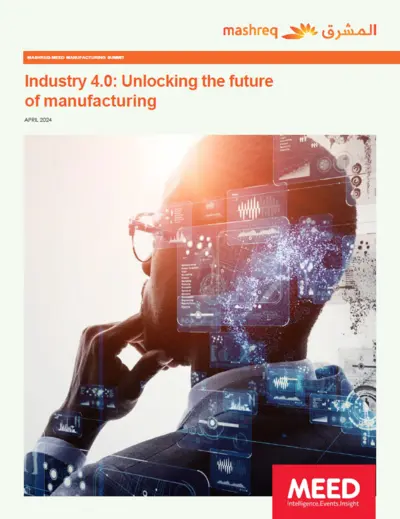Supporting Ijarah financing

How banks can assist in sharia-compliant properties and equipment leasing
Islamic banking is reshaping the financial landscape, offering sharia-compliant and sustainable alternatives to conventional financing.
According to the Central Bank of the UAE, the Islamic banking industry has expanded by 69% in the past five years and 163% over the past decade.
This growth underlines the increasing demand for sharia-compliant financial solutions, with tools such as Ijarah financing critical for acquiring fixed assets like homes, real estate and essential equipment.
At its core, Ijarah financing is a lease-to-own arrangement in which an Islamic bank or Islamic window – the department or division of a conventional bank offering sharia-compliant services – purchases an asset, such as property or equipment, on behalf of a customer and leases it to them for a specified tenor.
Essentially, it functions as a sharia-compliant alternative to a conventional mortgage, enabling customers to acquire their desired property or equipment. Over the agreed tenor, the customer pays rent and, upon completion of the lease term, ownership of the asset is formally transferred to the customer.
Unlike conventional loans, Ijarah prohibits the use of interest and instead applies a profit rate agreed upon at the start of the lease period.
This profit rate reflects the bank’s margin and the cost of leasing the asset to the customer, ensuring compliance with sharia principles.
It is fixed and pre-determined, offering transparency and eliminating uncertainty or potential disputes.
The Central Bank estimates that Islamic windows now account for 25% of the UAE’s total Islamic banking assets, which in 2022 represented 23% of the country’s overall total.
The process is equally effective for financing equipment across various industries, including construction, healthcare and logistics.
For example, banks can acquire heavy machinery, fleets of vehicles or medical equipment on behalf of their clients and lease them for a fixed term. The eventual transfer of ownership to the customer allows them to secure essential tools for their operations without the financial burden of upfront investment.
Unlike conventional loans, there are no hidden fees or charges– customers pay only what was initially agreed upon. This approach fosters fairness and trust throughout the financing process.
This model benefits businesses seeking to expand their operations and individuals aiming to acquire homes or commercial properties without resorting to interest-based loans.
Moreover, the bank’s ownership of the property during the lease period ensures that the asset is maintained to high standards. The bank assumes responsibility for any major repairs, structural integrity or compliance issues that may arise, ensuring the property retains its value and functionality throughout the lease term.
Beyond its sharia-compliant foundation, Ijarah financing has also integrated environmental, social and governance (ESG) principles to align with global sustainability priorities.
Today, as reported by the Central Bank, 79% of Islamic banks and Islamic windows consider ESG factors, such as borrower emissions, in their financing and investment strategies, tailoring them to specific sectors or countries.
This grounding on principles focusing on shared ownership and responsibility makes this financing tool an ideal vehicle for sustainability-driven initiatives.
Banks such as Mashreq have used Ijarah agreements to finance factories producing ESG-compliant products, as part of their commitment to facilitate $30bn in sustainable financing by 2030.
By accelerating the acquisition of green assets and supporting sustainable projects, Ijarah financing empowers businesses to align with global ESG priorities, enhancing their reputation and access to green financing opportunities.
Ultimately, as the UAE continues to strengthen its Islamic finance sector, new regulations are being developed to enhance compliance and transparency.
While still in the draft stages, these regulatory advancements promise to create a more robust ecosystem for Islamic banking. Mashreq Bank’s proactive efforts to align its offerings with these evolving frameworks ensure its clients can access innovative and sustainable financial solutions.
Ijarah financing demonstrates the transformative potential of Islamic banking, offering an ethical and transparent solution for acquiring properties and equipment.
Its integration with ESG principles further enhances its relevance in today’s financial landscape, where sustainability is a top priority. As businesses and individuals seek ethical and sustainable financing options, Ijarah is positioned to play an increasingly vital role.



